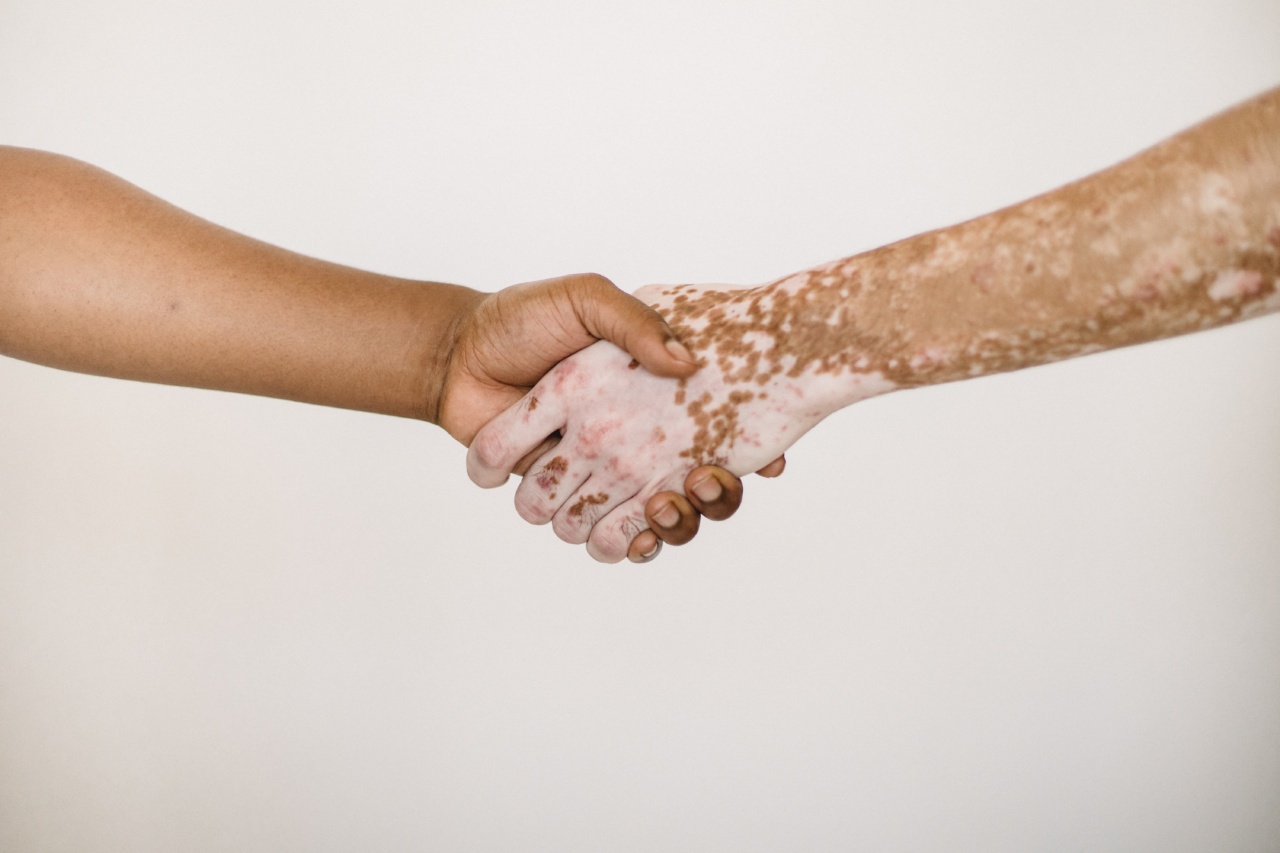Psoriasis and eczema are both chronic skin conditions that can cause discomfort and distress. While they may have similar symptoms, they differ in their causes, appearance, and treatment approaches.
Understanding these differences is crucial for accurate diagnosis and effective management. In this article, we will compare the characteristics of psoriasis and eczema, helping you differentiate between the two conditions.
What is Psoriasis?
Psoriasis is an autoimmune disease that affects the skin cells’ life cycle. It causes the cells to build up rapidly on the surface, leading to the formation of thick, scaly patches called plaques.
Psoriasis can occur anywhere on the body, but commonly affects the elbows, knees, scalp, and lower back.
What is Eczema?
Eczema, also known as atopic dermatitis, is a chronic inflammatory condition that primarily affects the skin’s barrier function. It causes the skin to become red, itchy, and inflamed.
Eczema commonly occurs in areas where the skin folds, such as the elbows, knees, neck, and face.
Causes
Psoriasis is considered an autoimmune disease, where the immune system mistakenly attacks healthy skin cells. The exact cause of psoriasis is still unknown, but it is believed to involve both genetic and environmental factors.
Eczema, on the other hand, is believed to be caused by a combination of genetics, a faulty skin barrier, an overactive immune system, and environmental triggers such as irritants, allergens, or stress.
Symptoms
The symptoms of psoriasis and eczema can be similar, but there are certain distinguishing features:.
Psoriasis Symptoms:
- Thick, silvery-white scales on red patches of skin
- Dry, cracked skin that may bleed
- Itching, burning, or soreness
- Pitted or ridged nails
Eczema Symptoms:
- Intense itching
- Dry, sensitive skin
- Red, inflamed skin
- Patches of rough, scaly skin
- Oozing or crusting
Treatment Options
Psoriasis and eczema require different treatment approaches:.
Treatment for Psoriasis:
There is no cure for psoriasis, but various treatments can help manage the symptoms and minimize flare-ups. These include:.
- Topical corticosteroids or retinoids to reduce inflammation
- Phototherapy, which involves exposing the skin to ultraviolet light
- Systemic medications or biologics for severe cases
- Moisturizers and emollients to keep the skin hydrated
Treatment for Eczema:
Eczema management involves relieving symptoms, preventing flare-ups, and protecting the skin. Treatment options include:.
- Moisturizers and emollients to keep the skin hydrated
- Topical corticosteroids or calcineurin inhibitors to reduce inflammation
- Antihistamines to help with itching and sleep disturbances
- Managing triggers and avoiding irritants or allergens
Managing Psoriasis and Eczema
Psoriasis and eczema are chronic conditions that require long-term management. Besides following the treatment recommendations provided by healthcare professionals, there are additional measures that can help manage these conditions:.
Psoriasis Management:
- Avoid triggers such as stress, smoking, and certain medications
- Maintain a healthy lifestyle with regular exercise and a balanced diet
- Use gentle cleansers and moisturizers to avoid irritating the skin
- Reduce stress through relaxation techniques or therapy
Eczema Management:
- Avoid triggers such as harsh soaps, detergents, and certain fabrics
- Apply moisturizers immediately after bathing to lock in moisture
- Take short, lukewarm showers or baths
- Use mild, fragrance-free skincare products
It is important to consult a healthcare professional for an accurate diagnosis and personalized treatment plan for psoriasis or eczema.




























